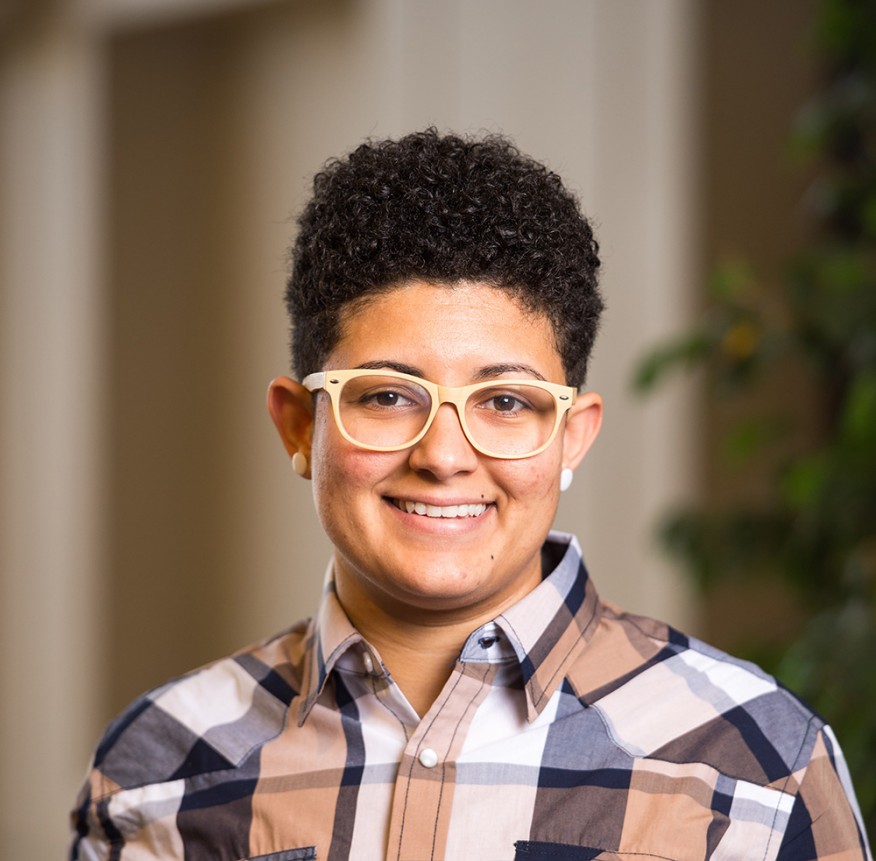Elise Hernandez, MSW ‘14, left her hometown of Miami to begin her education at the University of Michigan in 2011. She came to Ann Arbor with the purpose to better understand intergenerational family relationships, social support, and well being among marginalized older adults. As with many researchers, she has a personal connection to her area of study.
“I was drawn to this topic while visiting my great grandmother in the hospital,” Hernandez explained. “We would pack three generations of family members in the hospital to visit her and would often get kicked out because there were too many of us, but I noticed so many other patients were alone.”
Since then, Hernandez has focused her research on how values and circumstances shape social support for older adults, and more specifically how the quality of that support impacts formal social service seeking patterns.
Drawing from personal experience, Hernandez’ grandparents didn’t want to be in an institution and her family wasn’t sure how to manage both two older parents who were ill. The family wanted to honor the wishes of the grandparents, but the caregivers in the family also had jobs and families of their own to manage. There was a large extended family that could help with the ailing parents, but eventually the grandparents moved into the homes of their children.
“There was no way to honor all of the wishes of my grandparents, but my family kept them in their home for as long as they could, and moved them in with family rather than into a facility for older adults,” Hernandez said.
Hernandez’ dissertation: “Social Support and the Paradox of Familismo among Older Latina/os: Profiles, Quality, and Social Service Use across Sociocultural Characteristics ” is intended to better understand the ambivalence and evaluation of family and how it relates to the prediction of their use of social services.
“The overall concept is that Latina/o families are happy and that they take care of themselves, but not everyone has that, or even a variation of that,” Hernandez said. “We want to see what predicts that variation.”
Initial research shows differences among elderly who are born outside of the United States versus those born in the country, which involve contradictions about the reliability and sympathy of family support. According to Hernandez, the Latina/o mindset of older adult care is more collectivist and yet it can also be challenging for the family members who provide the care.
“I hope this research analysis leads to more research on Latina/o older adults” Hernandez said. The more I find, the more questions I have. I’d like this to lead to some sort of intervention with older adults and their family members. It would be great if this research could lead to policy evaluation and reform that would address the needs of this underserved group with some cultural specificity.”
Hernandez suggests a solution to the challenges of older adult care involve increased social services and programs to meet Latina/o needs.
“Many Latina/os are hesitant to use social services because they think it is the family’s responsibility first and foremost,” Hernandez explained. “The point of my research is to get families talking about what they can do for one another, and then cater social services to what that need is.”
Hernandez is interested in pursuing an academic career to teach and train future social workers in working with older adults, but she’s also interested in policy and evaluation work with organizations focused on gerontology issues.
